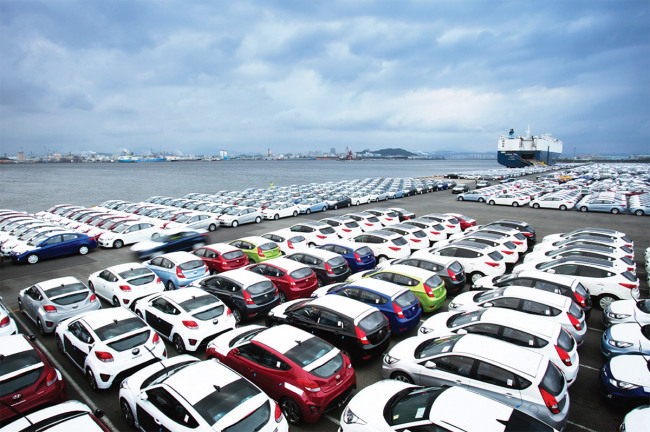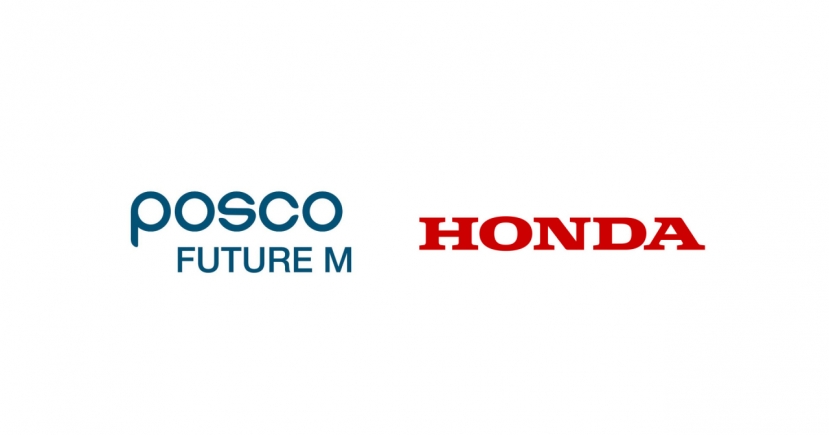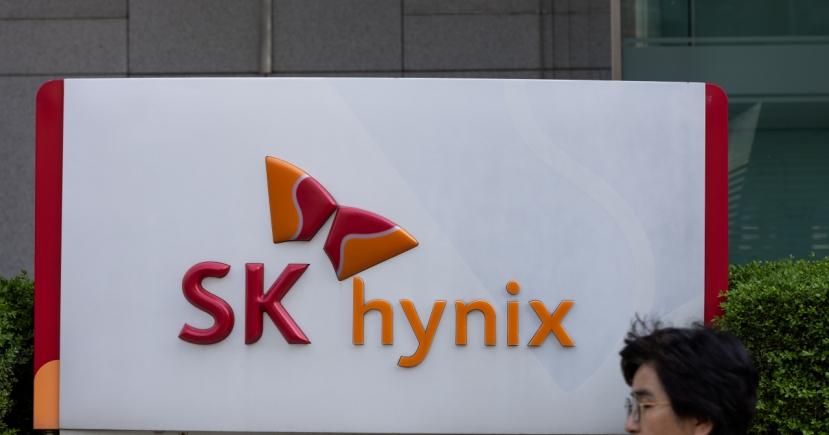Automobiles
Hyundai, Kia under a cloud over US border levy
[THE INVESTOR] President Donald Trump’s proposed Border Adjustment Tax is expected to hike prices of imported goods from South Korea, especially cars and smartphones, the Korea Trade-Investment Promotion Agency said on Feb. 16.
“When the Border Adjustment Tax is put in place, Korea’s major exports such as mobile phones, household appliances, and automobiles will be adversely effected,” said KOTRA in its latest report.
 |
Hyundai and Kia vehicles are parked to be shipped at a port in Ulsan. |
According to the state-run agency, Hyundai Motor and its smaller affiliate Kia Motors could be forced to hike their vehicle prices to almost 10 times higher than that of Ford. Since 50 percent of the automakers’ production is routed to the US market, the tax levy is even more worrisome.
Baum & Associates, a US based market research company, has stated that if the tax is levied on imports, the price of Hyundai and Kia automobiles will approximately increase by US$ 2,704, which will be 9.6 times higher than the price increase of Ford and 2.7 times higher than that of GM. The firm also stated that the average price of cars will increase by about 8 percent and car sales in the US will decrease by 2 million units a year. This will inevitably lead to lower demand for Korean vehicles and auto components.
“We are strengthening local production, including at the Alabama plant, and most of our parts suppliers have their production plants in the US. However, it is impossible to get supplies of all components within the US,” said a concerned official from Hyundai Motor.
Trump and the US Republican Party are working together to introduce tax reforms -- including reduction of corporate tax rate from current 35 percent to 20 percent, abolishing taxes on exports from the US and overseas profits, and a 20 percent border adjustment tax on imports.
This is part of Trump administration’s policy to protect the US manufacturing sector and jobs by imposing higher taxes on goods produced outside the US. According to KOTRA, though the likelihood of the Border Adjustment Tax being implemented is not very high yet, concerns are mounting about the direct and indirect adverse effects on the Korean economy and industry when the tax does come into effect
By Alex Lee (alexlee@heraldcorp.com)








